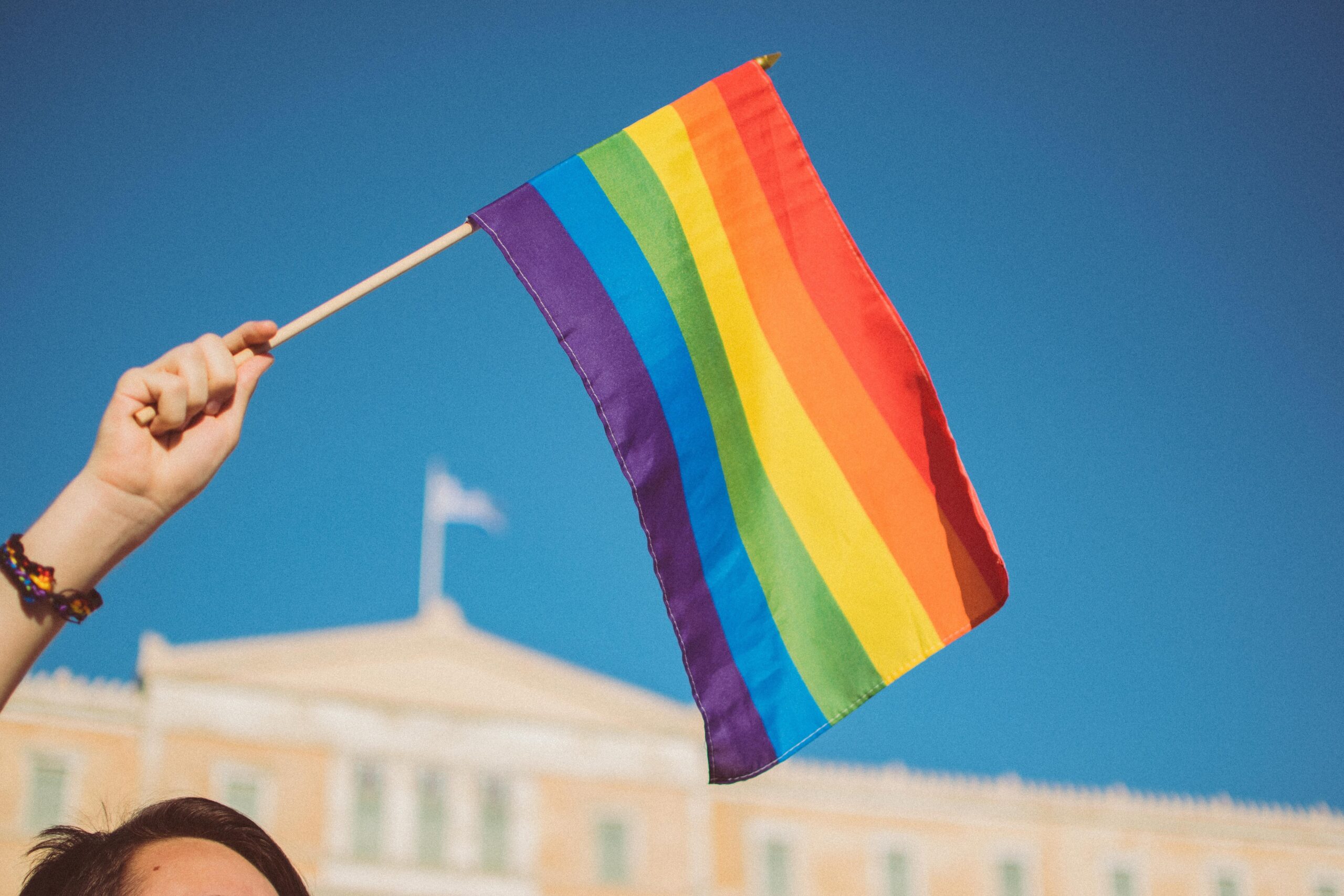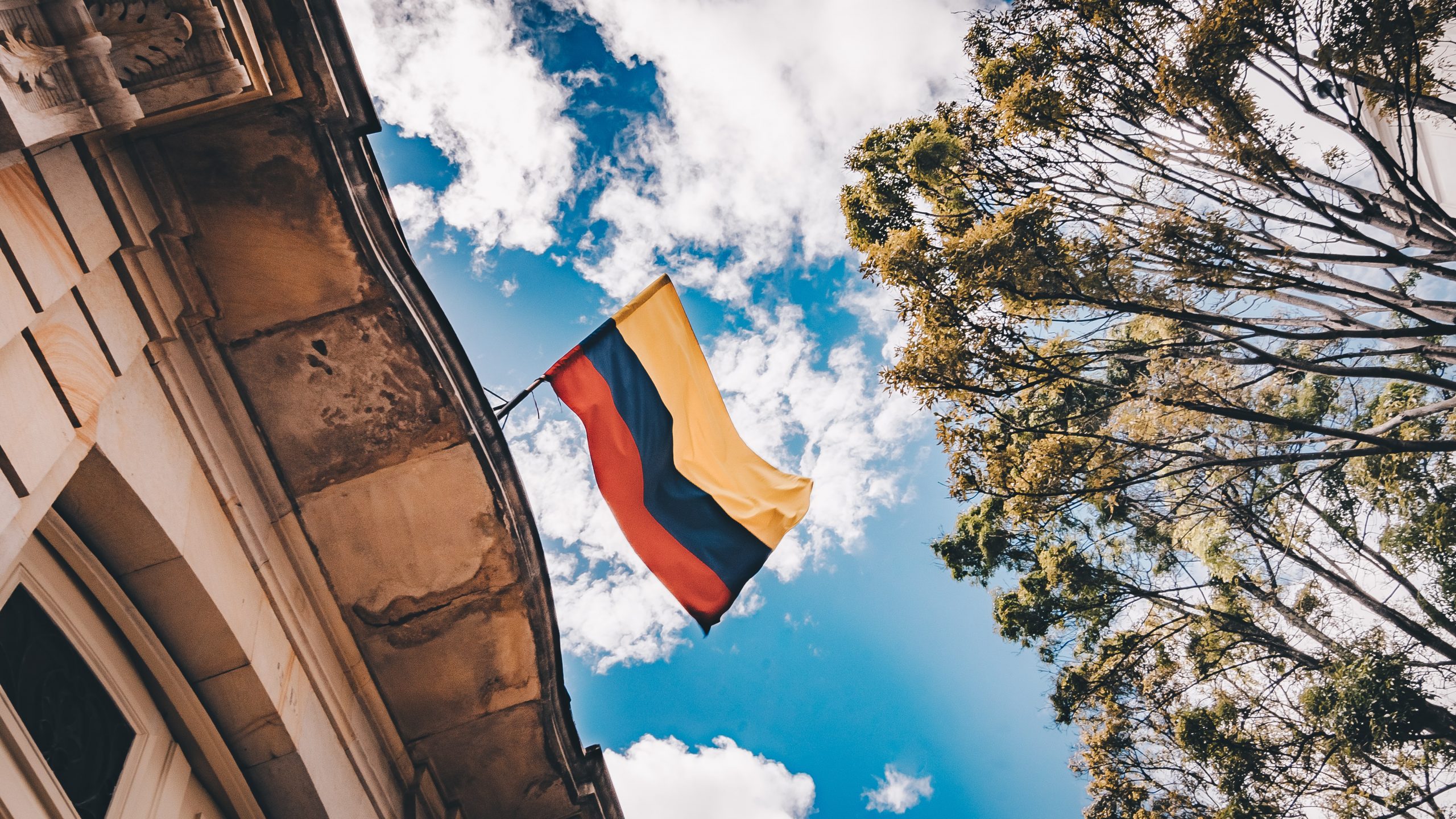Cuba’s Rainbow Hotel – game-changer or facade?

On the other side of the world, there is an island surrounded by blue skies and white beaches. A paradise away from the ordinary, a place to connect with nature and relax. In Cuba, the first gay hotel (re)opened last December. After having to close immediately after its first opening in 2019 due to the pandemic, the pride flag at the entrance of the hotel can now wave in the warm Cuban wind again. Bearing in mind the rather turbulent history Cuba has regarding LGBTQ+ rights, it would seem to be a step in the right direction. However, some gay rights activists from Cuba argue that the Rainbow Hotel is merely a facade by the government, to mask their faulty human rights record.
It is a sad but true fact that it is still not always safe for those of the gay community to travel alone, yet the Rainbow Hotel is a welcoming holiday destination for everyone to be themselves. It is a definite change in comparison with earlier years: at the beginning of Fidel Castro’s communist rule, homosexuals were sent to be “re-educated” in labour camps. Since 1979 gay sex is not seen as a criminal offense anymore, and in 2019 anti-discrimination acts were established. It seems that the government of Cuba is on a somewhat right track concerning gay rights, and the Rainbow Hotel is the actionizations of these promises. It nonetheless remains a fact that same-sex marriage is still not recognized, and neither are same-sex unions. It must be noted, however, that the battle is ongoing, and changes in the Family Code to allow same-sex marriage have been requested. A final approval will likely follow next June or July, after which a national referendum will take place. The Rainbow Hotel might provide a stronger foundation for it to be approved. Nonetheless, activists are still wary, and also frustrated by how long it takes.
Even though the Rainbow Hotel represents tolerance, the Cuban government has a hard time showing tolerance itself. Protests against the government in July led to a strong regime that excluded all forms of disagreement and the processes of those arrested are held behind closed doors. This strong oppression by the government was repeated once again in November, after which many journalists and activists left the country. This leads many to wonder if the authorities’ intentions concerning gay rights are true, and if the Rainbow Hotel is not merely a facade to hide all the wrongs and leave a (false?) impression of progress. Not to mention that Cuba could very well use the income the tourists at the hotel can provide.
This does not mean the Rainbow Hotel is not a welcoming improvement, because it most certainly is. Nevertheless, it is necessary to look beyond the developments the hotel suggests, and see what is still happening in Cuba. The Rainbow Hotel might not be the fair representation we want it to be, since many activists still feel repressed. Even though the five-star hotel is a wonderful development, the government’s motives are still up for debate. To see if it is a real sign of progress of the rights of the LGBTQ+ community or if it is simply a front by the government to gain more support and income, we will have to wait for the change in Family Code to be adopted or not.



